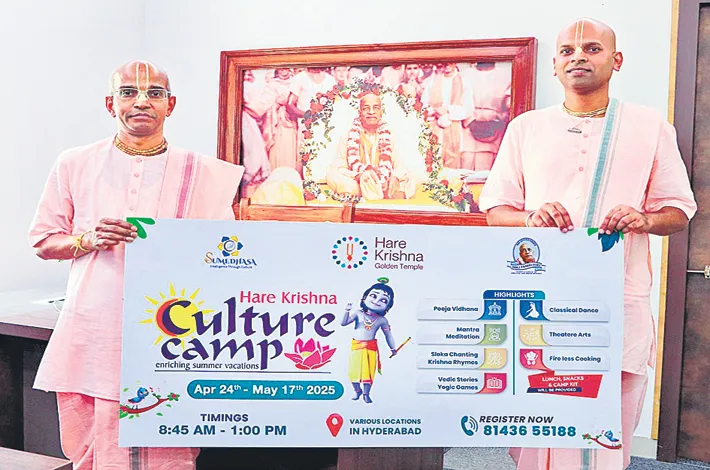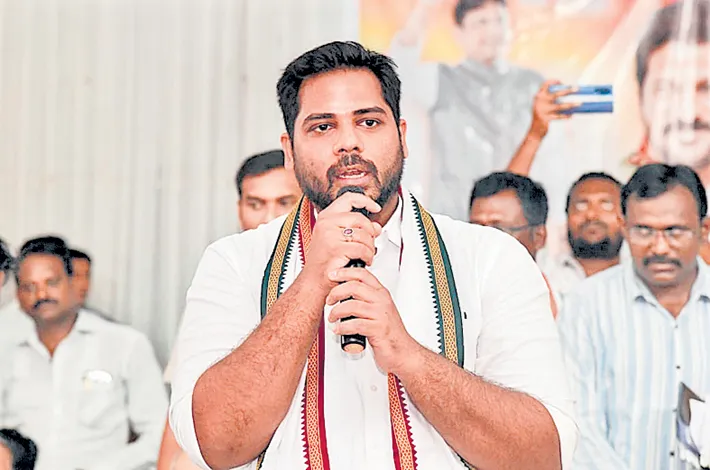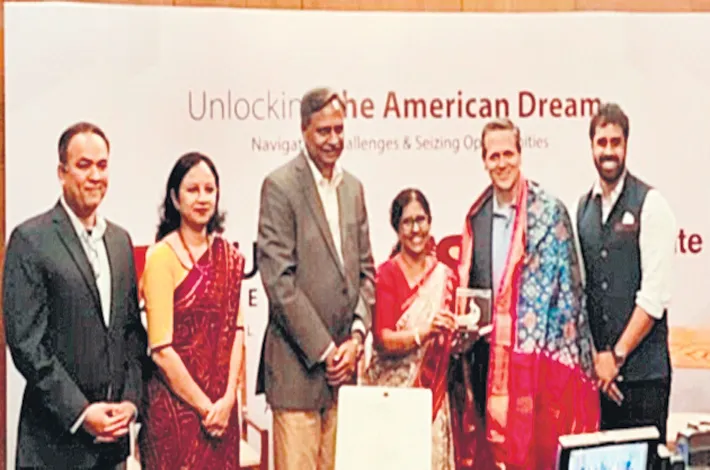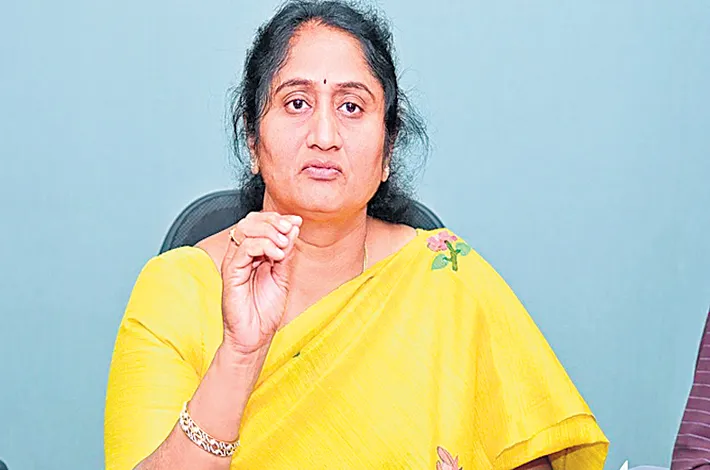Sex Education in Indian Schools
06-02-2025 12:00:00 AM
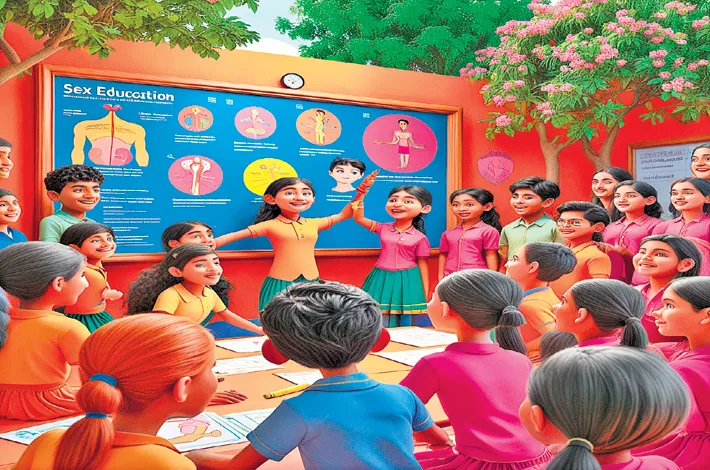
The Urgent Need for Comprehensive
In the diverse and culturally rich landscape of India, where over 1.3 billion people navigate through traditional values and modern influences, the topic of sex education remains a contentious yet crucial one. The need for comprehensive sex education in Indian schools is undeniable, driven by both public health imperatives and the evolving social dynamics of a young, populous nation.
India, with its vast youth demographic, faces significant challenges concerning sexual health. According to various studies and reports, there is a high incidence of sexually transmitted infections (STIs) including HIV among adolescents, alongside issues like child marriage, teenage pregnancies, and sexual abuse. These realities underline the urgent need for education that can equip young people with the knowledge to navigate their sexual health responsibly and safely.
Cultural Taboos and Misinformation
Sex has long been considered a taboo subject in many parts of India, leading to a profound silence around sexual health education. This cultural reticence has left a significant educational void, where misinformation thrives. The youth often turn to the internet, peers, or worse, pornography, as sources of sexual knowledge, which are not only unreliable but can also impart harmful myths and misconceptions. A study by Guttmacher Institute highlighted that up to 30 million women in India have an unmet need for modern contraception, a situation exacerbated by the lack of education.
Public Health and Well-being
The absence of comprehensive sexuality education (CSE) has dire implications for public health. The World Health Organization (WHO) and UNESCO advocate for CSE as it prepares young adults to lead productive, healthy lives by providing them with accurate information about reproductive health, consent, gender, and relationships.
Programs like UNESCO's 'Udaan' in Jharkhand, which began in 2009, have demonstrated success in educating over a million school children on adolescent health, including sex education, showing that when implemented, these programs can have a broad, positive impact.
The Role of Government and Policy
Despite these needs, sex education in India's school curriculum is patchy at best. Several states have banned or resisted implementing sex education, often citing cultural or moral reasons. However, there are movements towards change.
The Indian government has initiated programs like the Adolescent Education Program (AEP) in 2007 and the National Adolescent Health Mission in 2014 under the Rashtriya Kishor Swasthya Karyakram (RKSK), which address aspects of sexual and reproductive health. These initiatives, while progressive, need stronger implementation and broader acceptance to effect change across the country.
Educational Curriculum and Teacher Training
For sex education to be effective, it must be part of a structured, scientifically accurate curriculum, tailored to be age-appropriate and culturally sensitive. Teachers, pivotal in this educational journey, often feel inadequately prepared to discuss these topics, echoing the societal discomfort around sex. Professional development for educators in this area is crucial. They must be trained not only in the content but also in creating an environment where students feel safe to ask questions and learn without judgment.
Empowerment and Safety
Sex education goes beyond biology; it encompasses understanding consent, recognizing sexual violence, and fostering respect for all genders. In a country where rape-related crimes have seen a 70.7% rise from 2001 to 2018 as per the Public Health Foundation of India, and where child sexual abuse is a daily occurrence, the education system can play a pivotal role in prevention. By teaching about boundaries and consent, schools can empower students to protect themselves and understand their rights over their bodies.
The Path Forward
The path to integrating sex education into India's school system involves overcoming cultural resistance and political opposition. It requires a concerted effort from all stakeholders - government, educators, parents, and community leaders. Public discourse needs to shift from viewing sex education as a moral corruption to seeing it as a fundamental aspect of health education. Parents, too, must be educated and involved, as they often echo societal taboos but can be powerful allies in promoting a comprehensive understanding of sexual health at home.
Conclusion
In conclusion, the integration of comprehensive sex education in Indian schools is not just a policy matter but a societal one that touches on health, safety, and equality. It's about preparing the next generation to make informed choices, respect others, and understand their own bodies in a changing world.
The evidence is clear: sex education can lead to fewer teen pregnancies, lower STI rates, and healthier communities. The time is now for India to embrace this educational imperative, ensuring that its youth are not left in the dark but are enlightened, empowered, and equipped to face the complexities of modern life.





